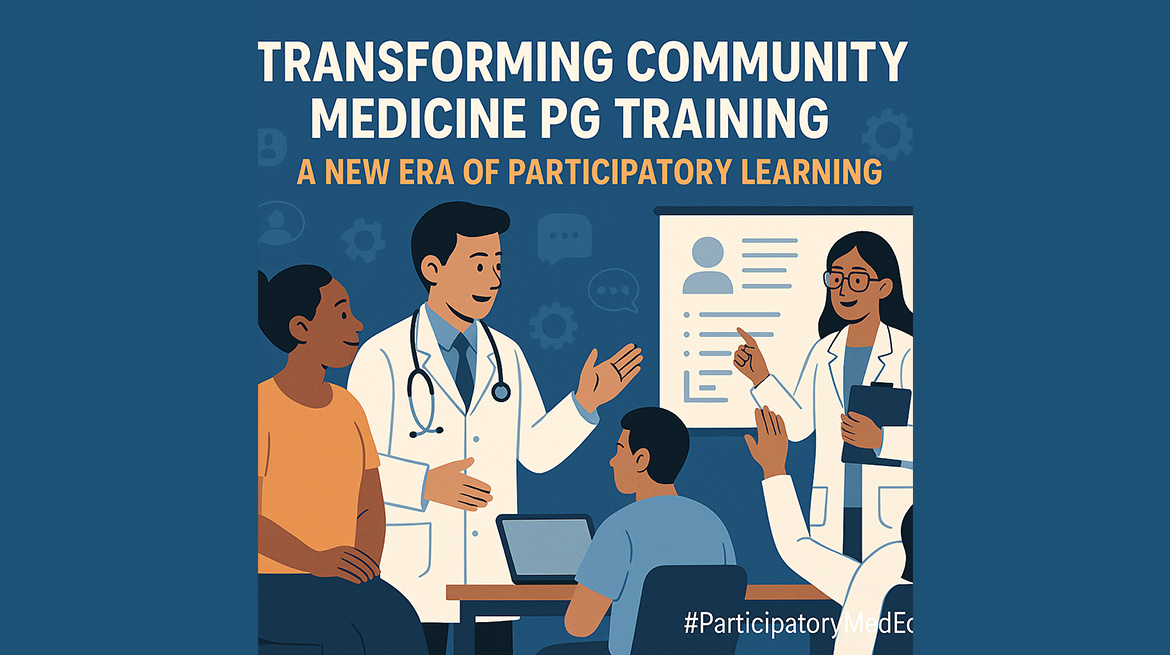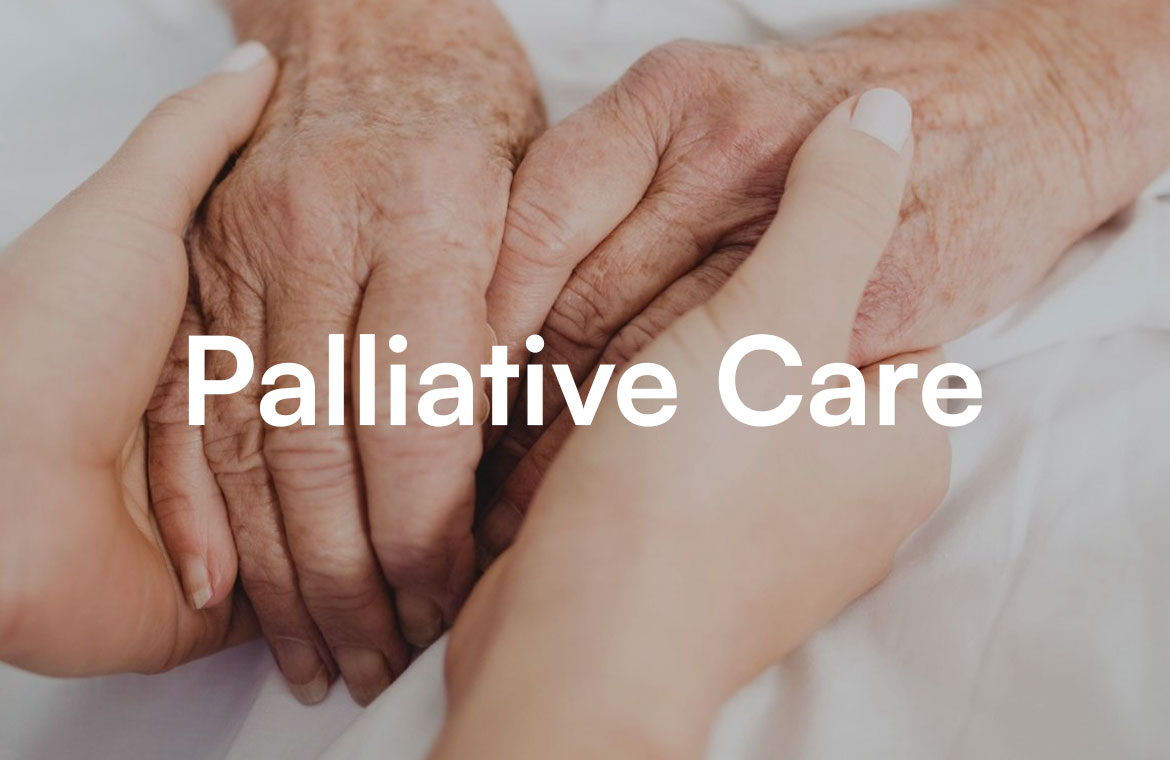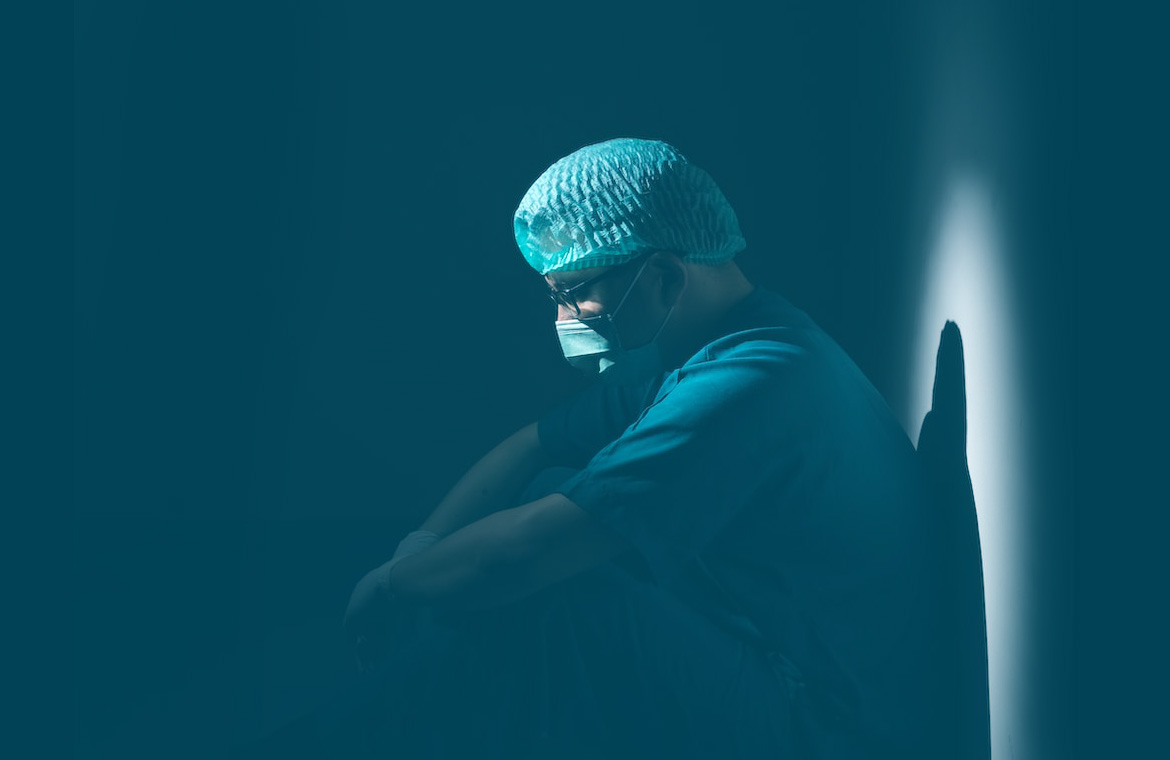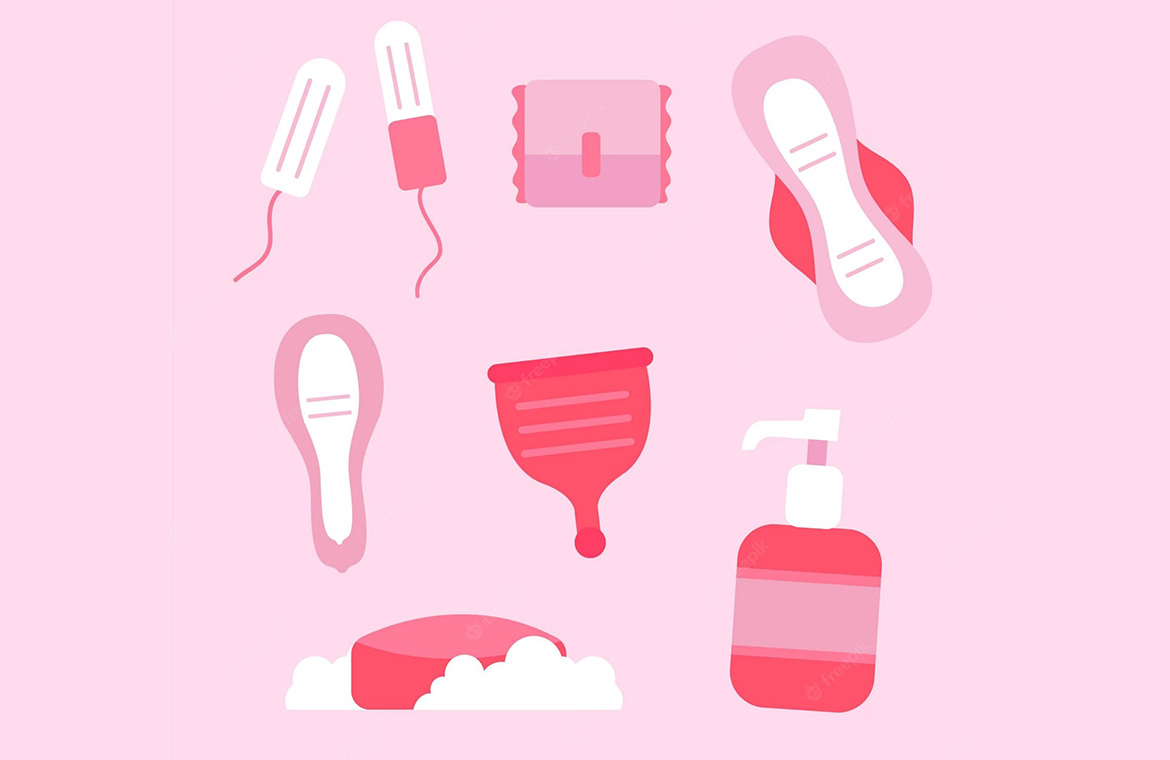“It is not the strongest of the species that survives, nor the most intelligent. It is the one that is the most adaptable to change” A very few can comprehend how these words from Darwin on evolution is related to post graduation. That too in a holistic field or let’s say branch like Community Medicine, which day in and out is evolving.
Medical education, like evolution must constantly adapt to the needs of society to remain relevant and effective. Higher they fly when every budding public health specialist realises that they need to be willing to change before being adaptable to change.
Our curriculum across several states recently has undergone significant updates to enhance learning, foster active participation and ensure real world application of public health concepts. These reforms aimed to bridge the broad gap between theoretical knowledge and practical skills with a goal of shaping well rounded professionals.
While thoughtful planning lays the foundation for progress, true transformation happens only when ideas are effectively implemented, where exactly Department of Community medicine, IGGMC Nagpur focusses on.
The department hitherto had a famed curriculum viz, detailed seminars, informative journal clubs with critical appraisal to the precision, case presentations covering clinico-social aspects to the core, interesting microteaching sessions to sharpen our teaching skills and book reviews which awaken the reader in us, statistical exercises, group discussions on updated topics, field visits to must-go spots for a public health specialist.
The branch’s core lies in comprehensive care in which community participation forms the crux. We felt a gap in participatory learning and to fix it bloomed all the innovations in the curriculum. Let’s just swim through the ocean of ideas we implemented and are planning to.
Key Innovations in the PG curriculum
- Thematic Timetable for structured learning
Our department embarks on a unique journey through a vast landscape of public health by a monthly chosen theme. (Occupational health, Epidemiology were few themes to mention in the recent months). “Know something about everything and everything about something”. What we have ensured is the latter in addition to the former already in progress. It makes learning not only engaging but also structured. By focussing on one core area at a time, this approach enhances continuity and interest and makes sure that our memory cells are functional.
- Public health updates: Staying informed
Medical field is ever-changing and updates sprout every second. Every Monday, we kick-start the week with a session of public health updates. From disease outbreaks to policy shifts to groundbreaking research activities, it’s not just about knowledge, but also staying ahead. The four walls were elevated to a vantage point to the world of public health.
- Participatory learning: Engaging beyond the session
Active approach vs Passive approach? It’s not an enigma which would yield results. At a time where our circadian cycle dictates a period of sleepiness and decreased alertness, there was a high demand of active learning. A brilliant example to narrate was when a short microteaching session recently on Adolescent Health & Wellness days was followed by a wonderful on-spot role play by our residents. Similarly, no session would end without a bucket of questions and doubts to solve.
- Post activity group discussions
The participatory learning model took an upgrade when we inculcated post activity group discussions. Every activity was followed by exercises simulating real-life scenarios to tackle on the particular topic. 2-3 groups are made usually and interactive group discussions where residents engage, question and innovate followed by a volunteer presenting the summary of the discussion. This hands-on approach secures knowledge retention, critical thinking and problem-solving skills.
- Workshops by experienced residents
Another innovation we experimented which became a resounding success was departmental workshops by the experienced junior residents. Never bogged down by challenges, the first workshop on Biomedical waste segregation was conducted. As if it didn’t satiate, a second workshop on Occupational health & safety in health care settings was held successfully soon after and we entered the professional realm.
- Panel Discussion by budding experts
Panel discussion by residents? “You must be kidding” would be the betting response. In the bustling classrooms of yesteryear, the sound of chalk against the blackboard was the heartbeat of learning. Now imagine stepping into a classroom where your colleagues turn experts in a flash of time. Conducting a panel discussion is not everyone’s cup of tea. A way of teaching solely dedicated to experts of their respective field, the amount of hard work, preparation to gain expertise by our residents was visible when the first panel discussion on Climate change & health was conducted. It was one moment of pride and a path we laid towards the peak of education.
- Guest lectures
Now from making experts to bringing real experts in.
Experts from different domains provide a broader understanding of our field. They bring in-depth knowledge from their field, exposing us to newer ideas which no textbook can give. How it could benefit the lecturer? Interaction with students can provide fresh perspectives, stimulating further research and refining their approach.
- Debate, Mini conference and Public Health Summit
While so far it was all about what we successfully implemented, the following are in our bucket list.
Debate on novel and sensitive topics. Debates are similar to two sides of a coin. The need to visualise every problem from both sides. Needn’t we? As future policy makers, we ought to be equipped with the skill to debate policies and community health interventions. Next in our plan is a mini conference for undergraduates and interns aided by pre-conference workshops.
A pinnacle would be the ‘Public Health Summit’ planned on World Health Day. A diverse resident population from states across India aided that they represent them and discuss key public health challenges faced by their respective states. This could encourage students to analyse state specific public health problems and solutions.




